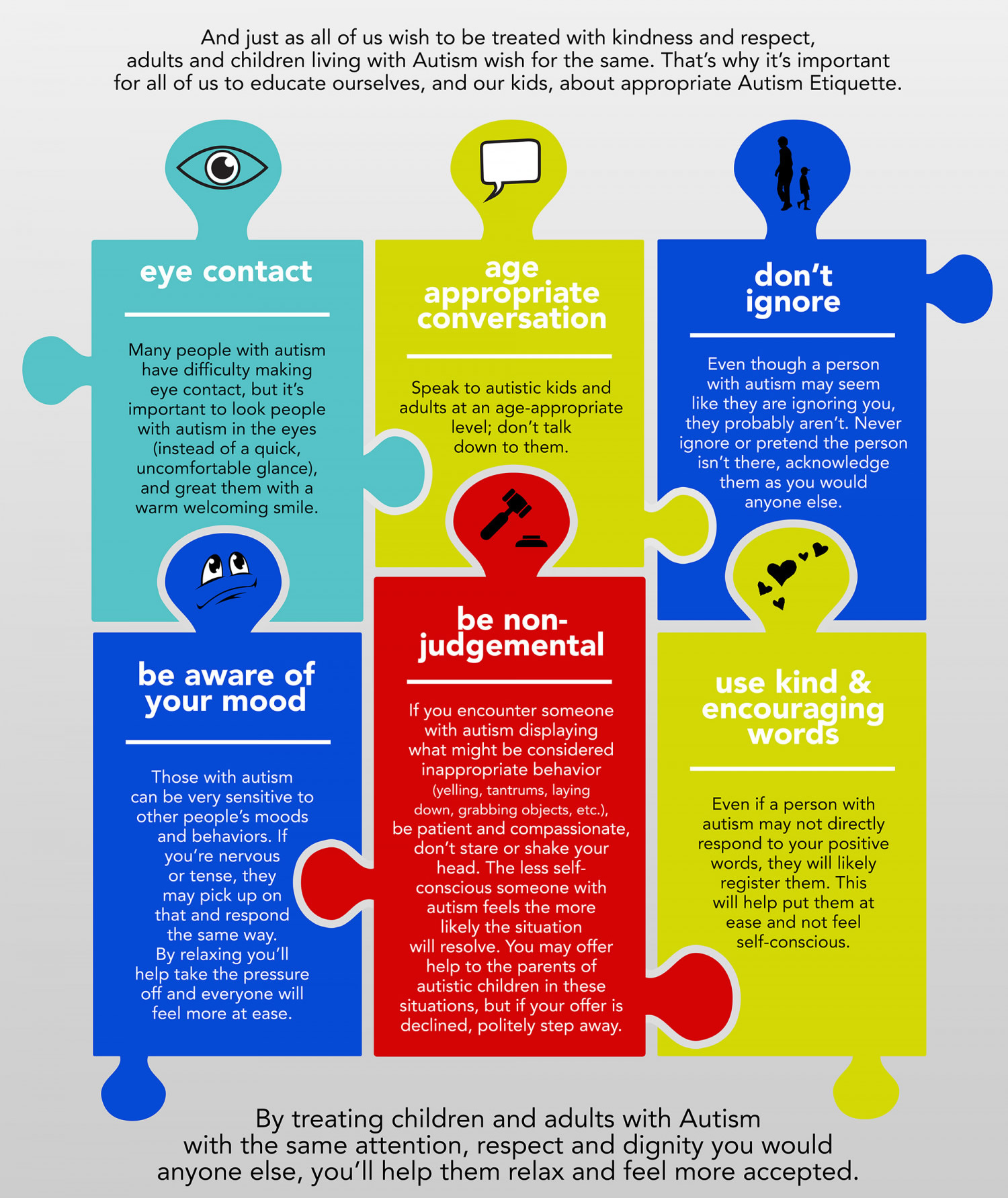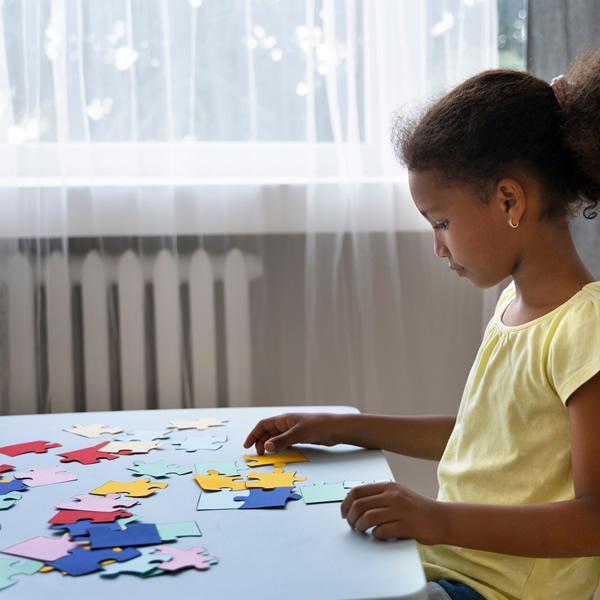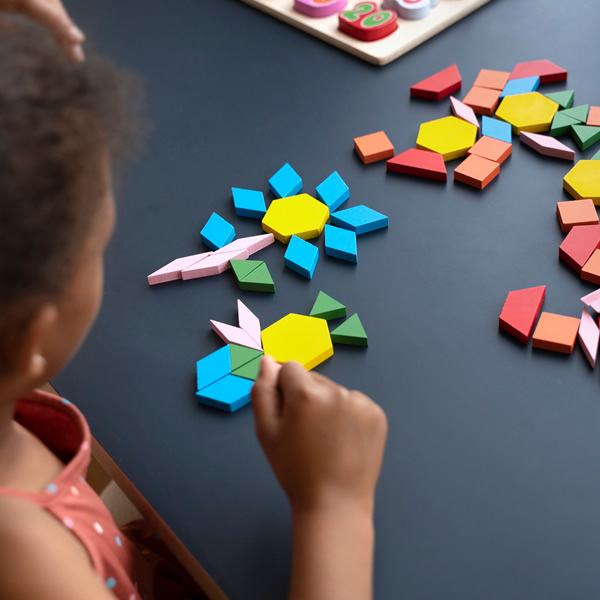Reducing and managing stress for families with autistic children
If you feel that you or your family is having trouble coping, it’s important to do something to manage the stress in your family life. Managing stress is good for the emotional and mental health and wellbeing of everyone in your family.
Relaxation and breathing strategies
Practise breathing exercises and muscle relaxation techniques. If you practise and use relaxation exercises as soon as you feel signs of stress or when you know you’re going into a stressful situation, it can calm things down. You could also set aside time each day for relaxation, meditation or mindfulness. This might help you sleep better, become more aware of your thoughts, emotions, and physical sensations, and feel more positive during the day. You can try different types to find one that you enjoy and that fits your lifestyle. Even 10 minutes at the beginning or end of the day could be enough.
Self-compassion
Self-compassion helps you be kinder to yourself as you navigate the challenges of raising your child. This is good for you and good for your child. Self-compassion is being kind to yourself even when things don’t happen the way you expect or want. It’s being aware of your feelings and treating yourself with the same warmth, care and understanding you’d give to someone you care about. It’s also acknowledging that struggles and challenges are a part of life and that everyone goes through them.
Organisation
Stress is often related to the feeling that things are out of your control. Getting organised is a very effective way to get things – including your stress levels – under control. For example, if you have a list of things you need to do, you can work through the list, focusing on just one thing at a time. And you’ll feel good as you cross things off the list. You could also try using family routines. Routines will help your family get through tasks more efficiently and free up time for more enjoyable things. You can adjust routines for children with additional needs.
Time for enjoyable activities
When all family members – including you – have time to do things that make them feel good, it can reduce your family’s stress. One way to do this is by encouraging everyone in your family to make a list of things that they enjoy. Then you can plan to do something from the lists every day or every couple of days. The lists should have a mix of activities that vary in cost and time. Some activities could be things your whole family will enjoy.







